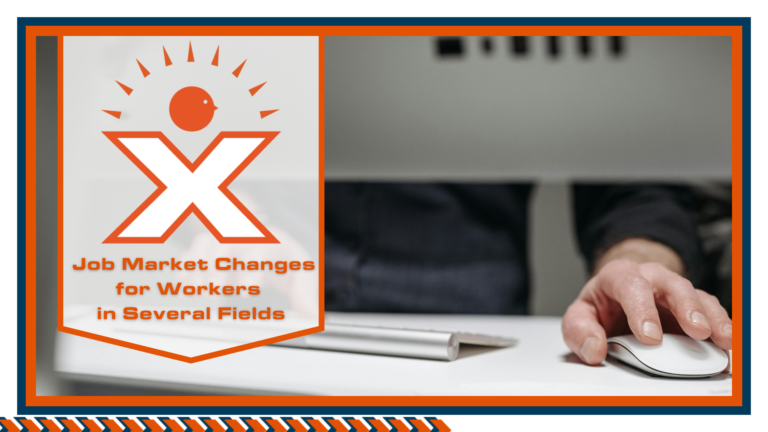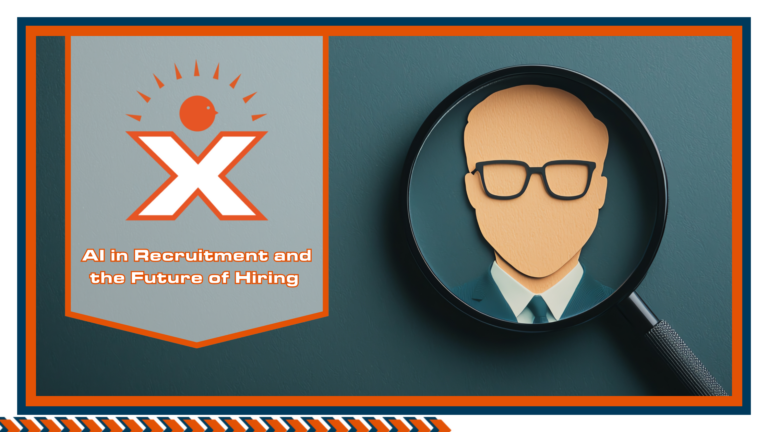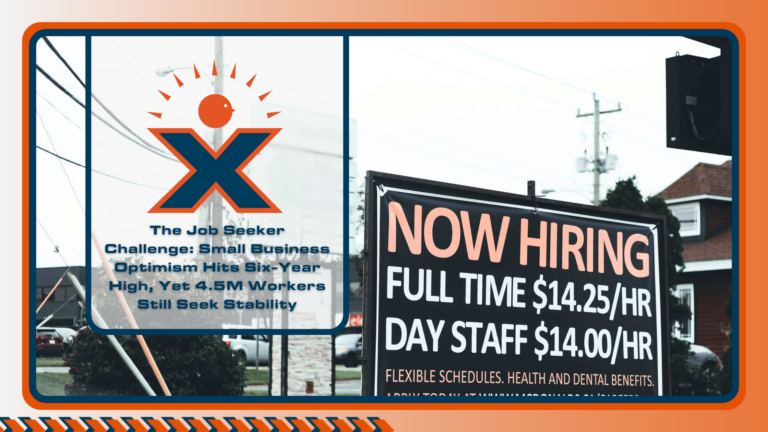“The best way to predict the future of work is to create it.” – Peter Drucker. As companies reevaluate workforce strategies, job seekers and employees are facing shifting expectations. The push for a return-to-office structure is influencing hiring trends, workplace policies, and job demand. While some employers advocate for in-person collaboration, others are adjusting to new hybrid models or remote-friendly roles. But what does this mean for those navigating the job market? Recent studies reveal surprising insights about employer hiring preferences, the impact of executive orders, and shifts in high-demand job sectors.
Employer Preferences: Do Failures Matter?
A recent report from HR Daily Advisor suggests that employers may be shifting how they assess candidates. Surprisingly, only 22% of companies actively consider applicant failures in the hiring process, suggesting a growing focus on skills and adaptability rather than past setbacks. This trend may be beneficial for job seekers affected by career interruptions or transitions due to pandemic-related shifts, including return-to-office policies. For applicants, this means emphasizing strengths, achievements, and adaptability in resumes and interviews rather than dwelling on past job gaps.
The Ripple Effect of Return-to-Office Policies
New government executive orders may reshape workplace policies, particularly in private industries. According to The National Law Review, these policies could lead to more stringent in-office requirements, impacting industries reliant on remote work. While some businesses continue hybrid models, others are mandating full-time office attendance, leading to concerns about work-life balance and employee satisfaction. For job seekers, understanding which industries are enforcing stricter policies can be crucial when deciding where to apply.
Healthcare Hiring on the Rise
Despite changes in corporate work structures, some industries are seeing a surge in demand. A recent report from PR Newswire highlights a resurgence in healthcare hiring, with roles in nursing, medical administration, and support services becoming highly sought after. While office-based industries are adjusting to return-to-office mandates, healthcare continues to expand, offering stable opportunities for job seekers. This demand may also influence salary negotiations, benefits, and career advancement opportunities in the sector.
Connecting the dots…
Each of these trends reflects the evolving workforce landscape. As return-to-office policies gain traction, job seekers must navigate shifting employer expectations and industry-specific hiring trends. The reduced focus on past failures could benefit those with career gaps, while government regulations may push some businesses to enforce stricter office policies. Meanwhile, healthcare hiring demonstrates that while some industries are enforcing office returns, others are expanding their workforce.
How can I prepare, after being out of the office?
The workforce is changing, and job seekers must adapt to new expectations. The push for a return-to-office environment, shifting employer hiring preferences, and industry-specific growth trends all play a role in shaping career decisions. While some fields are doubling down on in-person work, others are expanding their hiring needs, creating new opportunities. Staying informed and flexible will be key for employees looking to thrive in this evolving job market. Looking for your next job opportunity? Explore rewarding careers today with NEXTAFF. Find the perfect fit for your skills and aspirations. Learn More About Candidate Services today!












